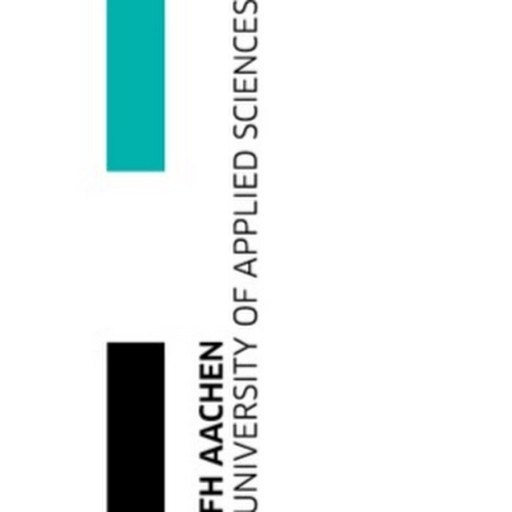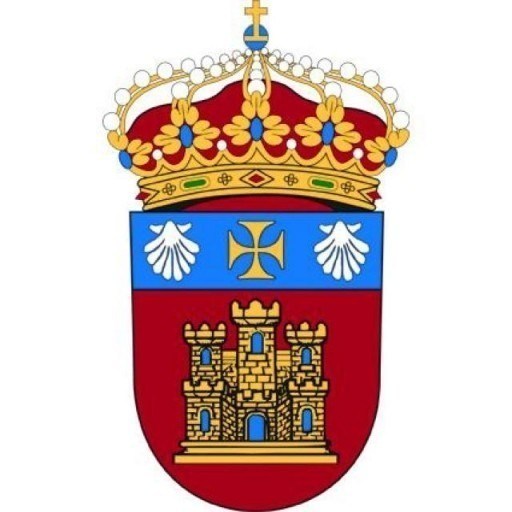Photos of university / #bilkentuniv
Mechanical Engineering at Bilkent University offers a comprehensive and rigorous undergraduate program designed to prepare students for successful careers in the design, analysis, manufacturing, and management of mechanical systems. Our curriculum combines fundamental engineering principles, mathematics, and physics with practical laboratory work and project-based learning to develop the problem-solving skills and innovative thinking necessary in today’s competitive technological environment. Students are introduced to core subjects such as thermodynamics, fluid mechanics, materials science, manufacturing processes, and control systems, ensuring a solid foundation in both theoretical concepts and their real-world applications. The program emphasizes hands-on experience through well-equipped laboratories, design projects, and internships, fostering a deep understanding of mechanical systems and engineering practices. Bilkent’s state-of-the-art facilities and collaborations with leading industry partners provide students with valuable industry exposure and opportunities to work on cutting-edge research and development projects. The program is tailored to cultivate critical thinking, teamwork, and effective communication skills, preparing graduates to excel in diverse sectors including automotive, aerospace, energy, automation, and robotics. Moreover, students are encouraged to engage in interdisciplinary studies and innovative research to stay at the forefront of technological advancements. The faculty members are distinguished researchers and passionate educators dedicated to mentoring students and supporting their academic and professional growth. Graduates of the Mechanical Engineering program at Bilkent University are well-equipped to pursue advanced studies or enter the workforce as engineers capable of creating sustainable and efficient technological solutions. Our commitment is to equip students with the knowledge and skills necessary to contribute innovatively to society and to excel in their careers in a rapidly evolving global landscape.
The Mechanical Engineering undergraduate program at Bilkent University offers a comprehensive and rigorous curriculum designed to provide students with a strong foundation in the core principles of mechanical engineering, as well as opportunities for specialization and research. The program emphasizes the understanding of fundamental concepts such as thermodynamics, fluid mechanics, materials science, control systems, manufacturing processes, and mechanical design. Students are encouraged to develop strong analytical, problem-solving, and innovative skills through a blend of theoretical coursework and practical applications.
During the program, students gain hands-on experience in state-of-the-art laboratories equipped with advanced tools and technologies, including CAD software, automated manufacturing equipment, and measurement systems. The curriculum includes both compulsory core courses and elective modules, allowing students to tailor their education to specific interests such as robotics, automotive engineering, energy systems, or sustainable design. The program also integrates interdisciplinary projects and team-based activities to foster collaborative skills essential for engineering practice.
Research opportunities are available throughout the program, with students participating in faculty-led projects and individual research initiatives. The university's strong ties with industry partners provide internships and cooperative education opportunities, helping students acquire real-world experience and professional networks. The program aims to prepare graduates for various career paths, including engineering design, manufacturing, research and development, consultancy, and further academic studies.
Bilkent University’s Mechanical Engineering program also emphasizes global perspectives in engineering education, encouraging students to engage with international research, participate in exchange programs, and attend conferences. The program's unique blend of theoretical knowledge, practical skills, and industry engagement ensures that graduates are well-equipped to contribute effectively to technological advancements and sustainable development in their professional careers.
Mandatory coursework includes fundamental subjects such as Calculus I, II, and III, differential equations, and linear algebra, which establish a strong mathematical foundation necessary for understanding engineering principles. Core mechanical engineering topics encompass Thermodynamics, Fluid Mechanics, Mechanics of Materials, Dynamics, and Statics, providing essential knowledge about physical systems and the behavior of materials and fluids. Additionally, students undertake courses in Manufacturing Processes, Computer-Aided Design (CAD), and Computer-Aided Manufacturing (CAM), equipping them with practical skills in designing and producing mechanical components. Engineering graphics and technical drawing are also required to develop precise visualization skills. To deepen analytical capabilities, students engage in courses like Engineering Mathematics and Numerical Methods, which support problem-solving across various mechanical engineering applications.
Laboratory courses complement theoretical studies, including Mechanics, Thermodynamics, and Fluid Mechanics labs, fostering hands-on experience and reinforcing theoretical concepts. Design projects and Capstone Projects serve as integrative experiences, requiring students to apply their knowledge to solve complex engineering problems collaboratively. Electives are available in specialized areas such as Robotics, Control Systems, Mechatronics, and Energy Systems, allowing students to tailor their education according to interests and career goals. Throughout the program, students participate in technical seminars and workshops to stay updated with the latest advancements in the field.
A comprehensive understanding of materials science, including courses on Materials and Material Selection, is essential for designing durable and efficient mechanical components. Sustainable engineering principles are integrated into coursework to promote environmentally responsible practices. Safety standards and engineering ethics courses emphasize professional responsibility, safety regulations, and ethical considerations in engineering practice. To support career development, communication skills are honed through technical writing and presentation courses, preparing students for professional collaboration and dissemination of technical information.
The program requires students to complete a minimum of 150 credits, including general education courses, core mechanical engineering courses, laboratory work, design projects, and elective offerings. A mandatory internship or industrial training period is stipulated to provide real-world experience before graduation. Admissions to the program are based on high school academic performance, with particular emphasis on mathematics and physics grades, along with performance on relevant entrance exams. Overall, the Mechanical Engineering program at Bilkent University aims to produce competent, innovative, and responsible engineers capable of contributing to technological advancement and societal needs.
The Mechanical Engineering undergraduate program at Bilkent University offers a comprehensive curriculum designed to prepare students for diverse career opportunities in industry, research, and academia. The program is funded primarily through a combination of university resources, government support, and scholarship programs aimed at attracting talented students. Bilkent University provides various scholarship options based on academic merit, financial need, and special achievements. These scholarships often cover tuition fees partially or fully, thereby significantly reducing the financial burden on students and their families. Additionally, students may have access to work-study opportunities within the university, allowing them to earn supplementary income while gaining valuable practical experience. The university also encourages external funding sources, including national and international grant programs, which support research activities and innovative projects undertaken by students and faculty members. For international students, Bilkent University has dedicated financial aid programs to facilitate study abroad experiences and cover additional expenses associated with living overseas. Moreover, students are advised to explore external scholarships offered by governmental agencies, non-profit organizations, and private sector companies, which sometimes collaborate with Bilkent University to sponsor outstanding students. The university’s strong emphasis on research and development often results in grants that help finance laboratory equipment, research materials, and conference participation. Overall, the financing studies of the Mechanical Engineering program are designed to enable talented students to pursue their education with minimal financial constraints, fostering an environment of academic excellence, innovation, and professional growth.
The Bachelor of Science program in Mechanical Engineering at Bilkent University is designed to provide students with a comprehensive education in the fundamentals and advanced topics of mechanical engineering. The curriculum combines theoretical knowledge with practical applications, emphasizing problem-solving skills, design capabilities, and innovative thinking. Students gain a strong foundation in mathematics, physics, and engineering principles, enabling them to analyze and solve complex mechanical systems.
The program offers a variety of courses covering thermodynamics, fluid mechanics, materials science, machine design, manufacturing processes, control systems, and computer-aided design (CAD). Students are encouraged to participate in laboratory work, project-based learning, and internships to develop hands-on experience. Bilkent University benefits from modern laboratories and workshops that facilitate experiential learning and research activities.
Students are also given opportunities to engage in interdisciplinary projects, fostering teamwork and communication skills essential for industry and academia. The faculty comprises experienced academics and industry professionals dedicated to mentoring students and guiding research activities. The program supports participation in national and international conferences and competitions, enriching students’ educational experience.
Graduates of the Mechanical Engineering program at Bilkent University are well-prepared for careers in industry, research, and academia. They can pursue employment in sectors such as automotive, aerospace, energy, manufacturing, and consulting. Alternatively, many students choose to continue their education through master's and doctoral programs, benefiting from Bilkent University’s strong research infrastructure and academic partnerships.
The university emphasizes an innovative and research-oriented environment, encouraging students to contribute to cutting-edge projects and technological developments. With a curriculum aligned to local and global industry standards, the program aims to produce capable engineers who can address modern engineering challenges with creativity and technical expertise. The program also includes ethical and social considerations related to engineering practice, ensuring graduates are responsible and environmentally conscious professionals. Overall, Bilkent University’s Mechanical Engineering undergraduate program provides a rigorous and holistic education designed to prepare students for successful careers and lifelong learning in the dynamic field of mechanical engineering.










